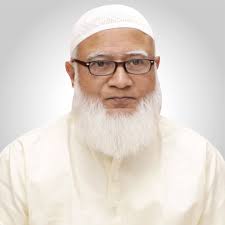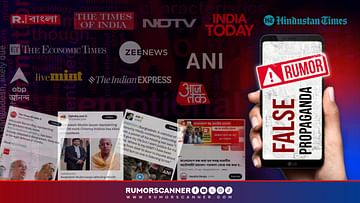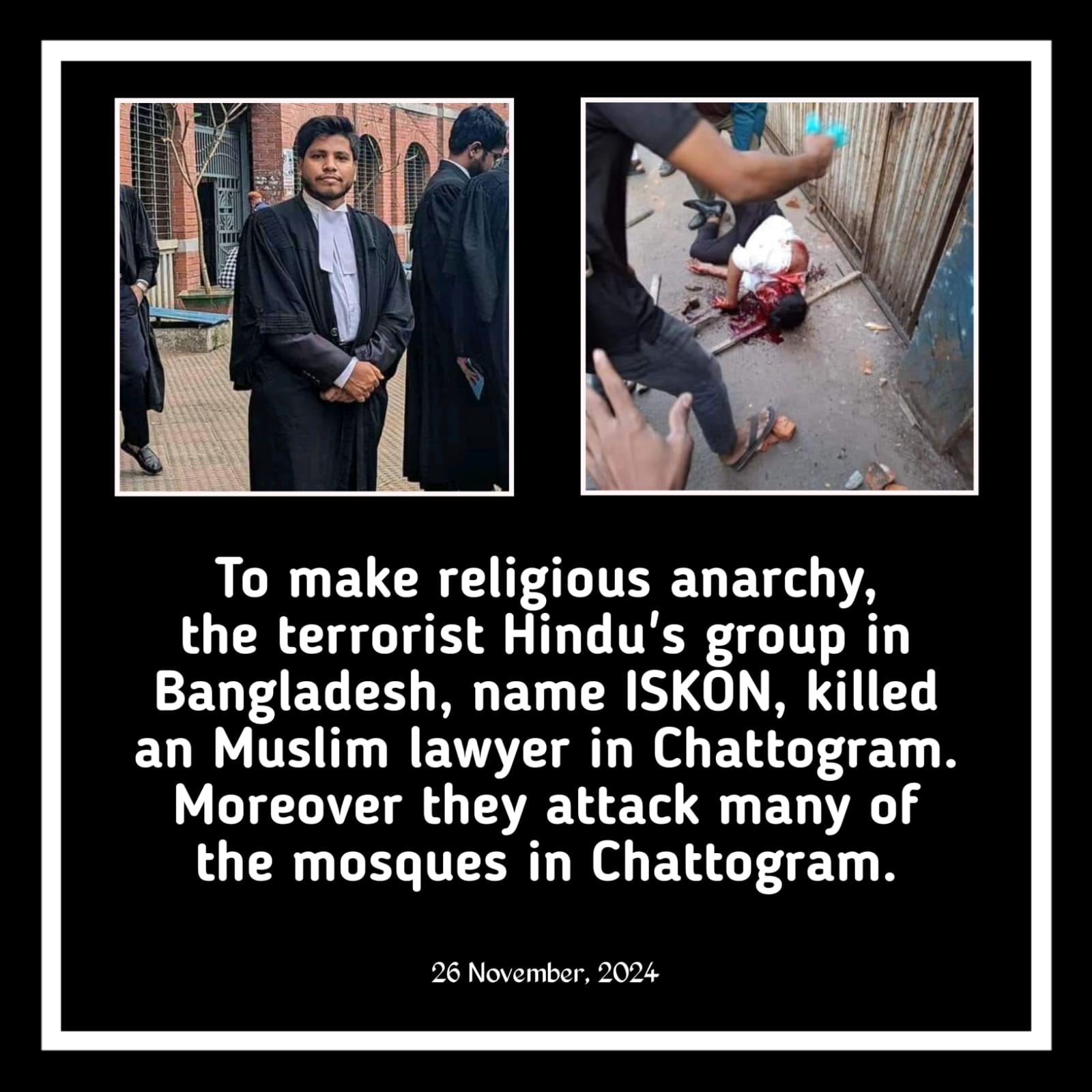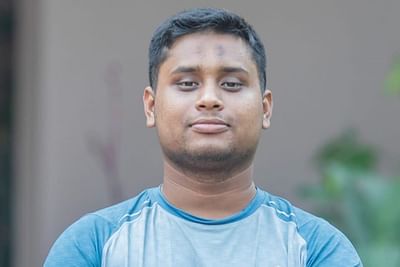Banned by Executive Order; Meetings with the Chief of Army Staff, President, and Chief Adviser. Recent days have been exceptionally dramatic for Jamaat-e-Islami. While the party remains banned, this status is largely nominal. After more than a decade of intense pressure, the party’s leaders and members are now experiencing a return to normalcy. The central office of Jamaat-e-Islami has been reopened. Reflecting on these developments, the party’s Amir, Dr. Shafiqur Rahman, has offered his assessment.
In an interview with Manabzamin, Dr. Rahman addressed a range of political issues. He was unequivocal in stating, “We did not bow to injustice.” He also expressed particular gratitude to the students who played a significant role.
He categorically dismissed any speculation about Jamaat forming a new political party. On Friday morning, I visited the Dhaka residence of the Jamaat-e-Islami Amir, where he was in a meeting with a senior party leader. Despite his busy schedule, he promptly made time for us. Dr. Shafiqur Rahman, dressed in a simple white pajama and panjabi, differs somewhat from the party’s other top leaders in his openness. When asked to evaluate the current situation, he reflected on the past, stating that after the Awami League came to power, the first blow was dealt to the military officers, with 57 officers killed in the BDR mutiny at Pilkhana. This was followed by an unjust crackdown on Jamaat, culminating in the execution of the party’s senior leaders.
Despite facing numerous attacks and executions, Dr. Rahman emphasized, “We did not capitulate.” He noted that subsequent attacks targeted the BNP, Begum Khaleda Zia, and religious scholars, who were all subjected to persecution. The students played a crucial role in liberating the party from this crisis, and their efforts were supported by the entire nation.
Commenting on the recent student and public movement, he clarified, “This was not merely a people’s uprising; it was a people’s revolution. Unlike the uprisings of 1969 and 1990, this revolution saw participation from all classes and professions.” When questioned about casualties during the movement, Dr. Rahman stated, “According to our information, over a thousand people lost their lives. However, we have not yet received the final figures, and there is no comprehensive count of those injured or disabled. Sheikh Hasina once vowed not to flee, but she eventually did, leaving behind significant damage to the country and its people. Unfortunately, she continues to engage in conspiracies.”
Regarding Jamaat’s stance on the interim government, Dr. Rahman expressed confidence, stating, “Those appointed to the interim government are experienced and competent in their respective fields, with Dr. Muhammad Yunus enjoying global recognition.” He affirmed that Jamaat would support the government’s positive initiatives while also voicing concerns over any missteps. Addressing the issue of Jamaat still being a banned party, Dr. Shafiqur Rahman remarked, “The government imposed the ban on Jamaat at the last moment to divert public attention, but the people of Bangladesh have rejected this ban. The relentless pressure on Jamaat was because the authorities knew that Jamaat would never compromise on matters of patriotism.”
Commenting on the incidents of vandalism and attacks following the fall of Sheikh Hasina’s government, Dr. Rahman noted, “The situation is now largely under control. However, we do not condone the incidents that occurred. We had issued strict instructions to our leaders and activists to avoid any unlawful activities and to prevent any wrongdoing if they encountered it.” He urged the current government to be stringent in dealing with such matters. Dr. Rahman also advocated for political reform, suggesting that such reforms could be implemented through democratic means. He acknowledged that changes are often necessary to meet the demands of the times and affirmed that Jamaat is not opposed to reform.
He once again dismissed the idea of Jamaat forming a new political party or organization. Dr. Shafiqur Rahman stated, “Whatever decisions we make are based on consensus, sometimes by majority opinion. While the idea of forming a new party has been discussed, we do not believe it would be beneficial. Critics will continue to criticize regardless. We cannot change our fundamental principles.”
Dr. Shafiqur Rahman also shared a personal reflection, revealing that in the 1970 elections, he campaigned for the Awami League’s boat symbol, having been a member of the Chhatra League and involved in Jasad Chhatra League politics before eventually joining Islami Chhatra Shibir.










